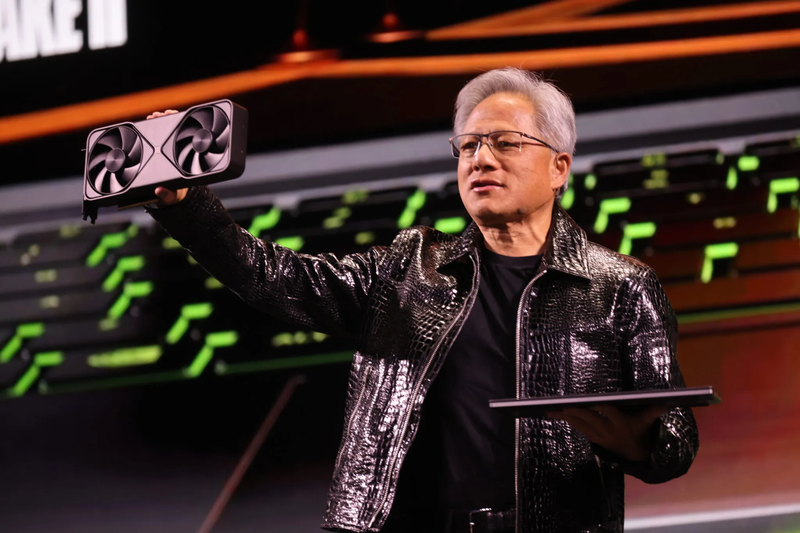
Nvidia CEO’s China Visit Sparks U.S. Security Fears Amid DeepSeek Military Ties
Nvidia CEO Jensen Huang’s upcoming visit to Beijing has intensified concerns in Washington about China’s potential misuse of U.S. AI technology. Despite mounting scrutiny, Huang publicly downplayed the risk, claiming China “can’t rely” on Nvidia chips for military use and criticizing U.S. export restrictions as counterproductive.
However, bipartisan pressure is mounting. U.S. Senators Elizabeth Warren and Jim Banks issued a warning letter urging Huang not to meet with Chinese companies tied to the military or intelligence apparatus, especially those on the U.S. export blacklist. Their concern centers on the AI startup DeepSeek, accused of using front companies to smuggle Nvidia’s restricted H100 chips into China—chips critical to advanced AI training.
A senior U.S. official further revealed that DeepSeek appears in over 150 Chinese military procurement documents and allegedly shares U.S. user data with Chinese state entities. This has alarmed national security experts and fueled support for the No Adversarial AI Act, which seeks to prohibit U.S. agencies from using AI tools developed in adversarial nations.
Despite these revelations, Huang defended DeepSeek’s open-source “R1” AI model as non-threatening and revolutionary. But critics argue that open-source tools can still be militarized, especially when powered by top-tier chips like the H100—highlighting the blurred line between commercial AI development and military exploitation.
Washington’s restrictions have already impacted Nvidia’s China revenue. The ban on H20 chips could cost the company $15 billion in lost business. Nvidia’s China market share has fallen from 95% to about 50%, yet Huang is pursuing compliance-based alternatives, such as a custom Blackwell chip for the Chinese market.
Still, Huang’s balancing act—preserving U.S. regulatory compliance while maintaining a foothold in China—raises tough questions. Half of the world’s AI developers may be in China, as Huang claims, but this also means half the threat vector could be as well.
China’s aggressive pursuit of AI dominance poses real risks to U.S. national security. Whether through backdoor procurement, data harvesting, or dual-use AI development, China’s tech ecosystem remains tightly linked to its military ambitions.
U.S. leaders must remain vigilant. Huang’s visit is more than a business trip—it’s a litmus test of how the U.S. will confront China’s strategic infiltration of critical AI technologies.